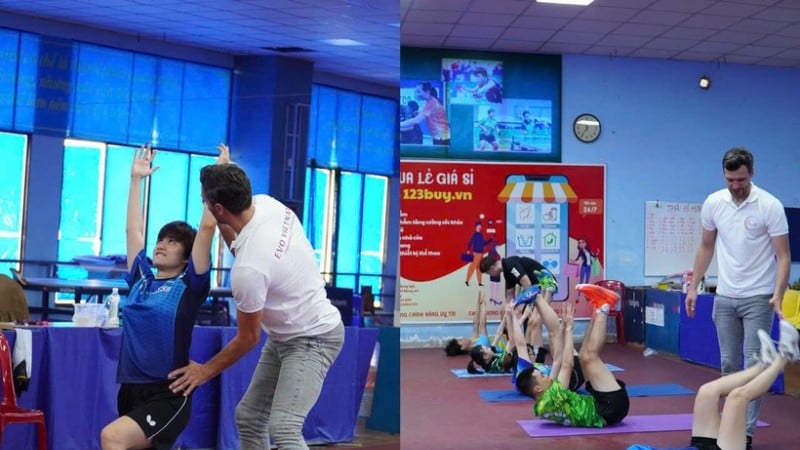
The pain behind the halo
Long jumper Bui Thi Thu Thao, who brought home a historic gold medal for Vietnamese athletics at the 2018 Asian Games (ASIAD), has spent nearly two years treating ankle and back injuries. At one point, she was so discouraged that she “took a leave and packed her bags and went home.”
According to Thao, sports injuries come from incorrect techniques and from overload and lack of concentration during heavy training periods. Thao recalls that if it weren’t for the timely encouragement of coach Nguyen Trong Ho, her family and friends, she probably wouldn’t have had enough strength to return to the track.
From her own experience, Thao expressed her desire to enjoy a special treatment mechanism, especially for athletes with high achievements. “There needs to be a policy so that we can confidently contribute without worrying about the risk of injury. Those who win continental and world medals should be supported with additional monthly income as an encouragement and guarantee for life.”
Behind every glory are countless bandages, acupuncture, and physical therapy. Many athletes, after injury, have to quietly retire from the field, struggling to make a living, while their bodies carry injuries that never fully recover. With women's football, a sport with high intensity and collision, the risks are even more evident.
Striker Huynh Nhu, an icon of Vietnamese women’s football, confided that injury is something every player fears. It affects performance, career and has a profound impact on spirit. “There were times when I was really afraid that I would not be able to return to the same level as before, afraid of losing opportunities on the field. But it was perseverance, self-belief and love from family, teammates and fans that helped me overcome it,” she said.
Behind every glory are countless times of bandages, acupuncture, physical therapy. Many athletes after injury have to quietly retire from the field, struggling to make a living, while their bodies carry injuries that never fully recover.
Like Thao, Nhu hopes to have a specialized sports insurance policy so that players can feel more secure during training and competition: "If there is a comprehensive mechanism for health, nutrition and insurance in case of injury, players will be able to devote themselves to the country and at the same time contribute to raising the level of Vietnamese sports," she confided.
According to Dr. Tran Anh Tuan, Deputy Head of the Department of Science and Sports Medicine (National Center for Training of High-Level Athletes), the formation of a separate sports regime and policy cannot be delayed. “Athletes are people who work at high intensity, their health is eroded every day. When injured or retired, they face many difficulties, while current benefits are limited. If there is separate sports insurance, athletes will not be disadvantaged after years of dedication, and more importantly, they will feel secure in their profession.”
Meanwhile, national women's football team coach Mai Duc Chung said that the most important thing is to create stable jobs for athletes after they stop competing. "No one wants to be injured, but if they do, the State's policy needs to be humane enough to help them not feel left behind."
According to Mr. Chung, a separate regime, especially in the context of increasingly professionalized sports, will create great motivation for coaches and athletes to practice and contribute with peace of mind.
New Mechanism - A Solid Foundation
And the expectations of the sports community have been specified in the Draft Decree replacing Decree No. 152/2018/ND-CP - a document that the Ministry of Culture, Sports and Tourism is in the process of seeking opinions from relevant units to submit to the Government in the near future.
The draft expands and upgrades a series of important policies, from social insurance, health insurance, work-related accidents and occupational diseases to rehabilitation, covering all medical expenses in case of injury, along with compensation and subsidies according to the Law on Occupational Safety and Hygiene.
The draft Decree replacing Decree No. 152/2018/ND-CP expands and upgrades a series of important policies, from social insurance, health insurance, work-related accidents, occupational diseases to rehabilitation, payment of all medical expenses in case of injury, and compensation and subsidies according to the Law on Occupational Safety and Hygiene.
In addition to the goal of protecting health, the draft also aims to stabilize athletes' lives long-term, ensuring they receive cultural and vocational education and priority in recruitment after leaving the ring.
According to Associate Professor, Dr. Nguyen Danh Hoang Viet, Director of the Department of Sports and Physical Training, the new decree is a fundamental shift in management thinking, placing athletes at the center of the sports system. He said that although current regulations create a legal corridor for training and competition, there are still gaps in insurance, health care, post-retirement and talent attraction policies. This decree covers the entire career life cycle of coaches and athletes, from selection to career transition.
The policy is designed to be synchronous and interconnected between training, competition, health care, insurance and employment, helping athletes feel secure in their long-term career.
The draft also significantly increases salaries, nutrition and bonuses for key groups. National team athletes receive 550,000 VND/day; head coaches 1.1 million VND/day; and teams preparing for the ASIAD and Olympics receive a special allowance of 800,000 VND/day. For athletes with outstanding achievements, the State will pay a monthly allowance of 40 million VND for Olympic Gold Medalists, 20 million VND for ASIAD or Paralympic Gold Medalists, demonstrating worthy recognition of their contributions.
In addition, the post-competition policy is designed to be more long-term and humane. Olympic and ASIAD medalists can be accepted as teachers, physical trainers or sports officials, receive priority points in recruitment and enjoy full benefits in terms of salary, insurance and allowances.
In parallel, there is a vocational training and professional development mechanism to help them change jobs easily after they no longer compete at the top level.
The new decree also focuses on social security and specialized healthcare. All athletes are covered by social insurance, health insurance, work accident insurance, and occupational disease insurance; in case of injury, all treatment and rehabilitation costs are covered, and treatment can even be provided abroad according to the Minister's decision.
The rewards for international achievements have also increased sharply: Olympic Gold Medal 3.5 billion VND, ASIAD Gold Medal 700 million VND, creating motivation for athletes to strive. It can be affirmed that the adjustments in the draft of the new Decree not only improve the institution, but also commit to the social responsibility of the State to those working in sports.
A clear and substantial mechanism will protect and motivate the young generation to contribute to bringing Vietnamese sports to new heights, where behind each medal is a stable and sustainable future.
Source: https://nhandan.vn/diem-tua-cho-su-nghiep-cua-van-dong-vien-post922948.html



![[Photo] Deep sea sand deposits, ancient wooden ship An Bang faces the risk of being buried again](https://vphoto.vietnam.vn/thumb/1200x675/vietnam/resource/IMAGE/2025/11/13/1763033175715_ndo_br_thuyen-1-jpg.webp)

![[Photo] Unique art of painting Tuong masks](https://vphoto.vietnam.vn/thumb/1200x675/vietnam/resource/IMAGE/2025/11/14/1763094089301_ndo_br_1-jpg.webp)

![[Photo] Special class in Tra Linh](https://vphoto.vietnam.vn/thumb/1200x675/vietnam/resource/IMAGE/2025/11/14/1763078485441_ndo_br_lop-hoc-7-jpg.webp)
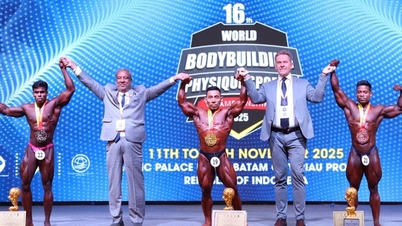

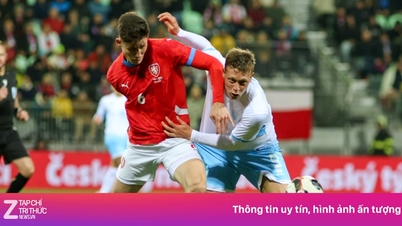

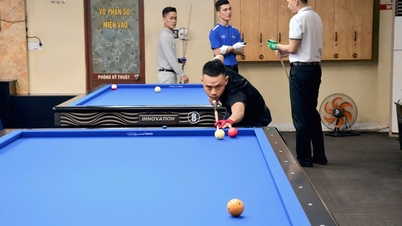

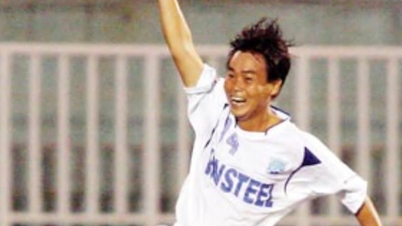

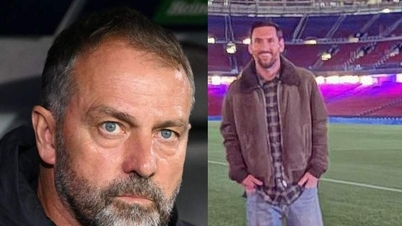

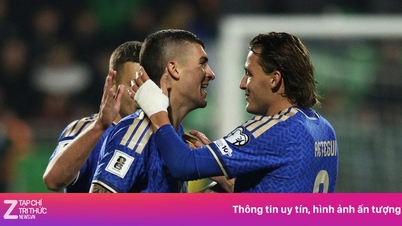




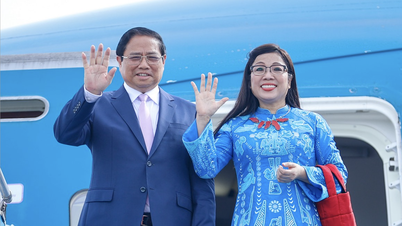
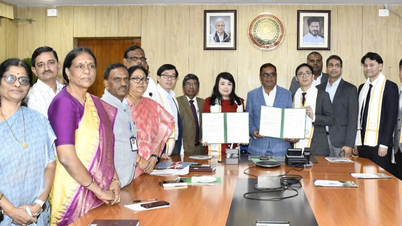
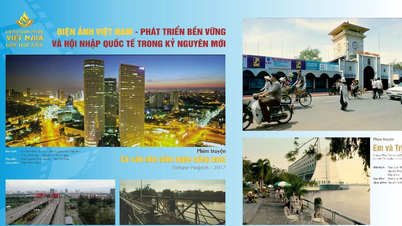

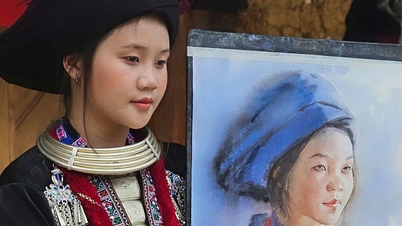










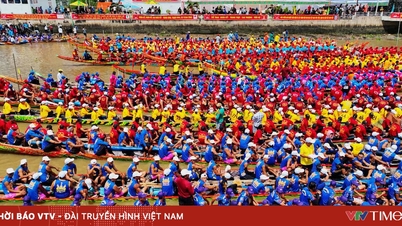

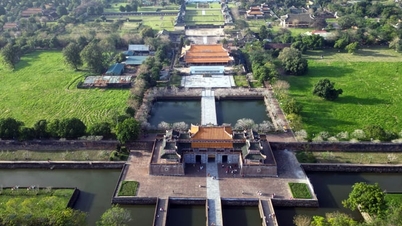


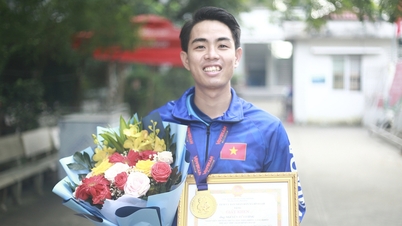
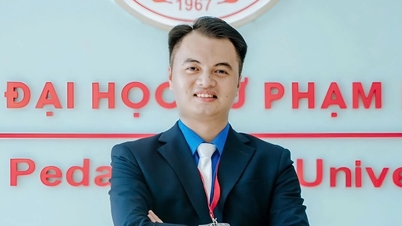



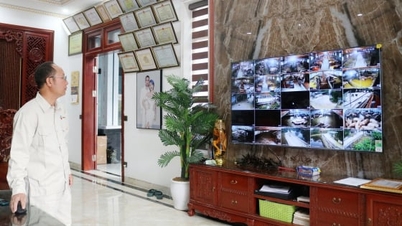















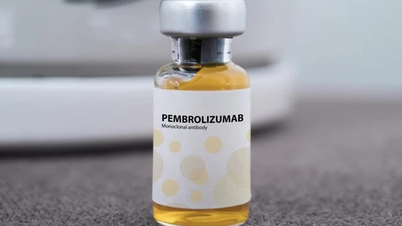

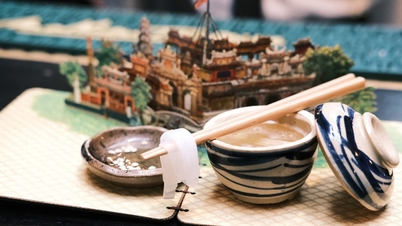

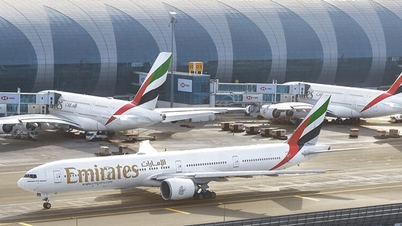


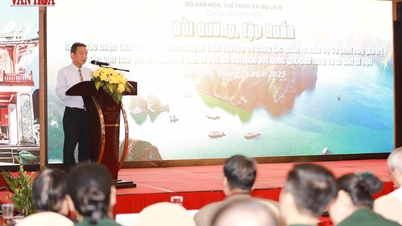


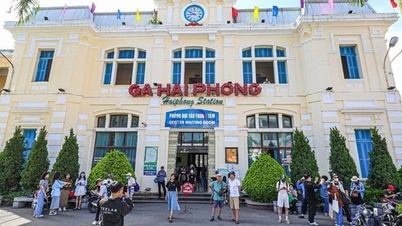


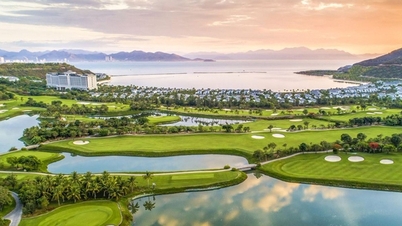
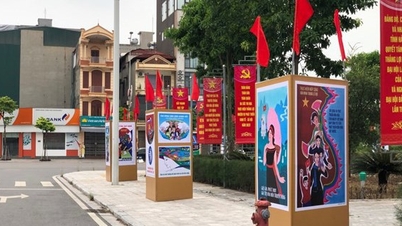
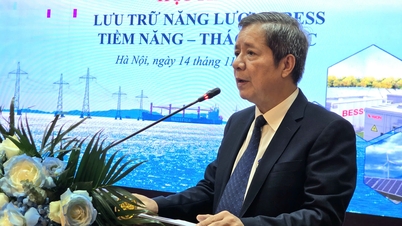
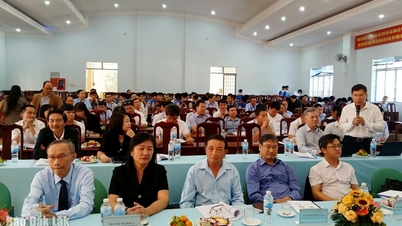

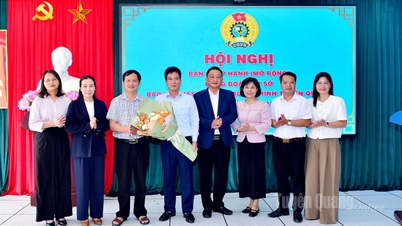

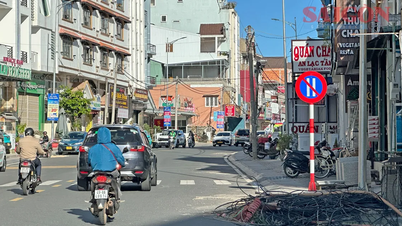
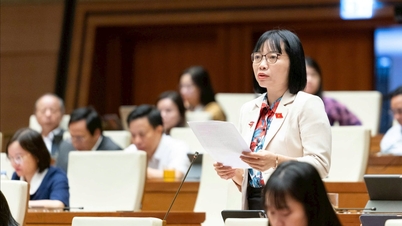

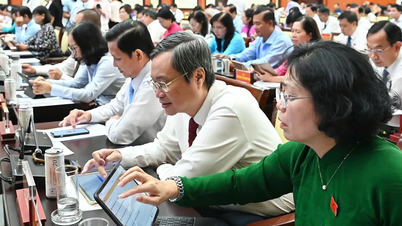
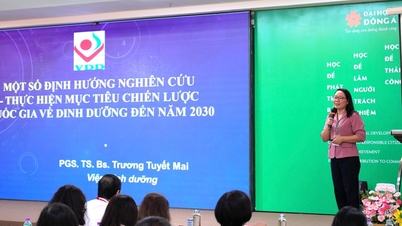






![Dong Nai OCOP transition: [Article 3] Linking tourism with OCOP product consumption](https://vphoto.vietnam.vn/thumb/402x226/vietnam/resource/IMAGE/2025/11/10/1762739199309_1324-2740-7_n-162543_981.jpeg)



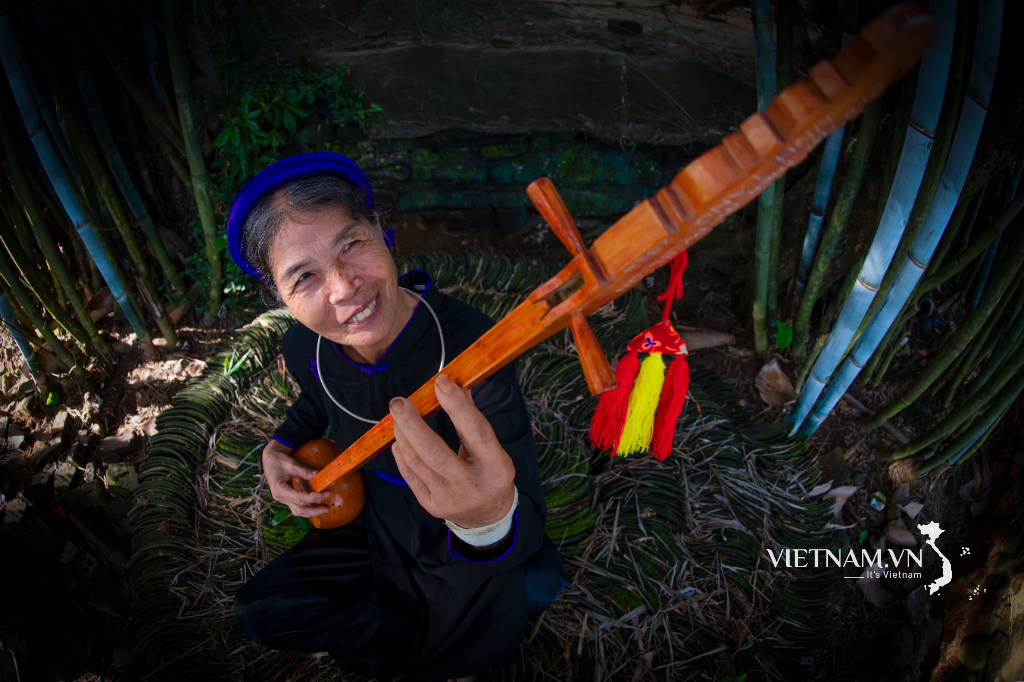


Comment (0)